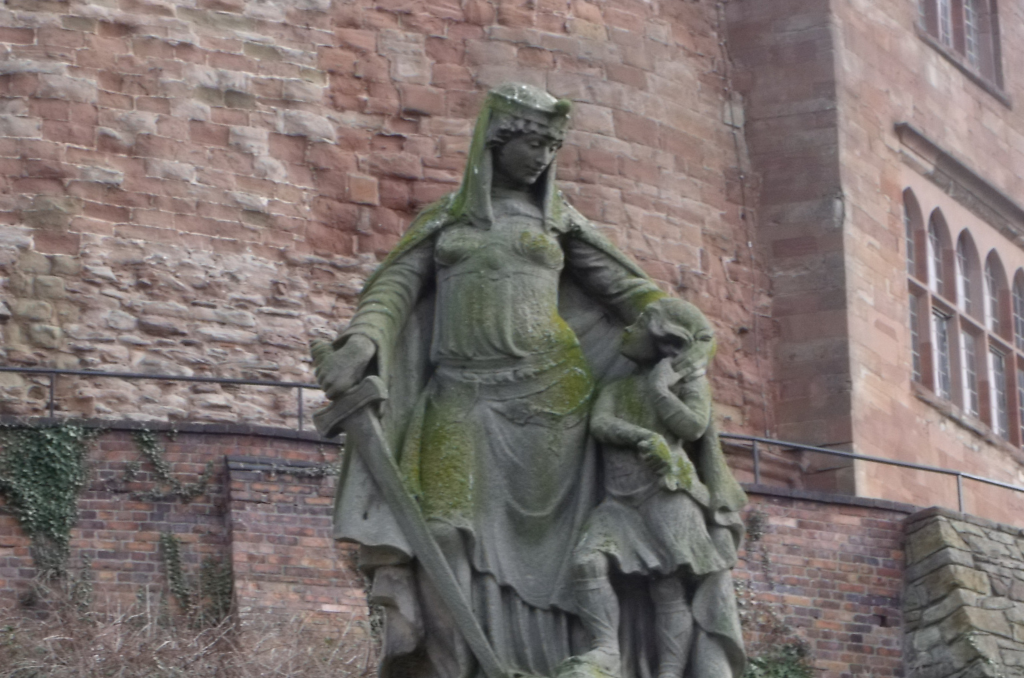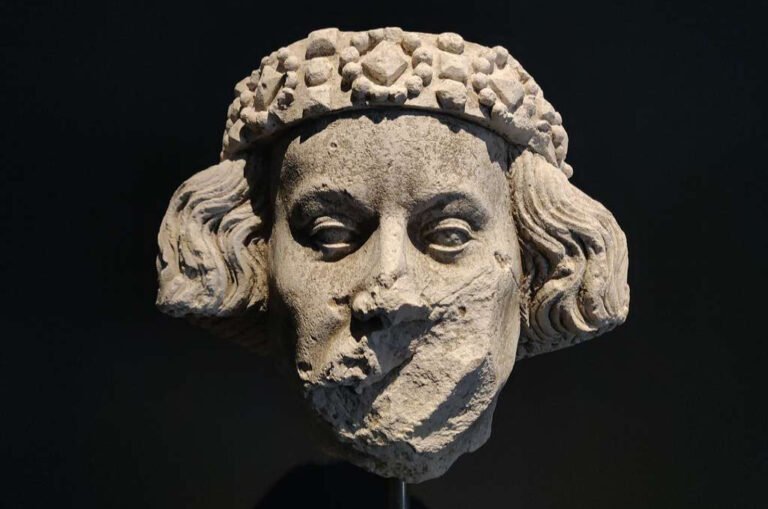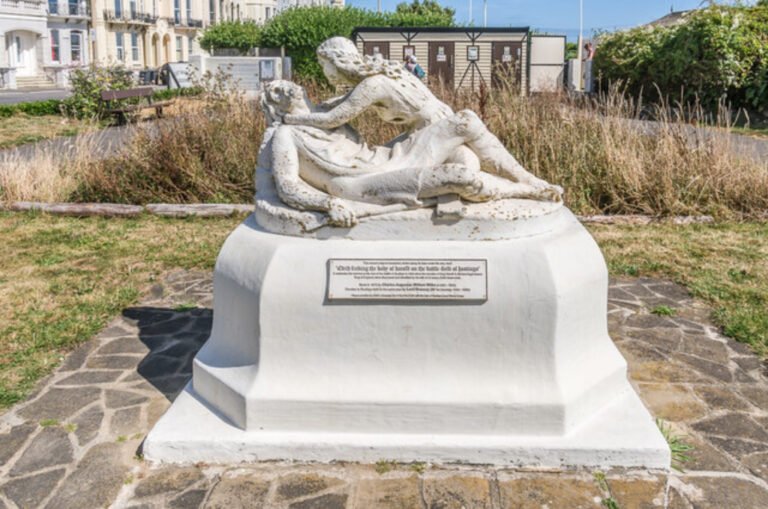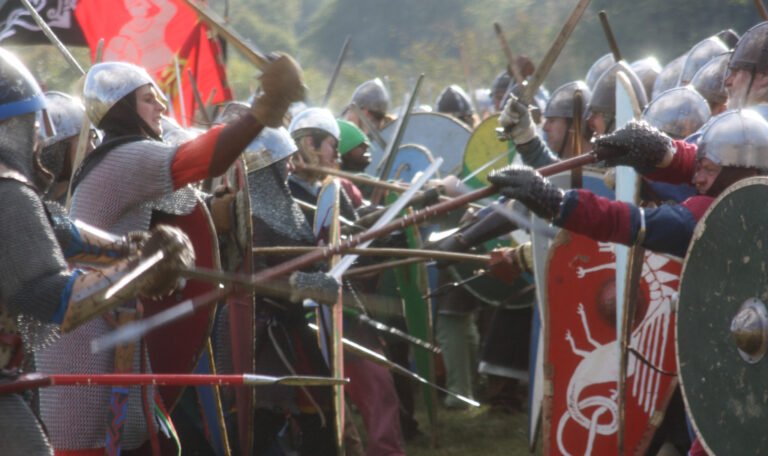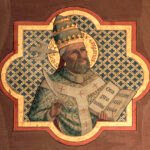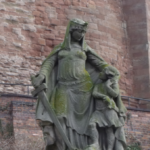When considering powerful rulers in early medieval Britain, names such as Alfred the Great or Edward the Elder are frequently remembered. However, a frequently overlooked individual is Æthelflæd, daughter of Alfred the Great, who administered Mercia. Æthelflæd was not just a ruler consort or noblewoman; she was a military leader, a diplomat, and a strategist who had a critical part in defending Britain against Viking invaders. Although her male counterparts have largely outshone her, her exceptional contributions to the formation of early medieval Britain have not been completely recognized.
Early Life of Æthelflæd
Æthelflæd, born approximately in 870 AD, was the first daughter of King Alfred the Great, who was considered one of England’s most regarded rulers. Her childhood was filled with the consistent fear of war due to the Viking intrusions happening during her childhood. Not only was her father a skilled lord, but he was also a military strategist who secured Wessex from Viking attacks. Æthelflæd’s character was unquestionably impacted by this environment, as she directly experienced the complexities of leading and defending.
Æthelflæd grew up in a regal family that emphasized education, Christian teachings, and military training. Growing up, Æthelflæd benefitted from her father’s focus on both education and administration, which eventually prepared her to excel as a leader.
Marriage and Becoming Lady of Mercia
In the late 800s, Æthelflæd wedded Æthelred, who was the leader of Mercia, a strong realm in central England. Their coming together was a strategic partnership aimed at enhancing connections between Wessex and Mercia, two of the foremost Anglo-Saxon realms of that era. During Æthelred’s reign as the Lord of Mercia, Æthelflæd refused to stay unnoticed. Early on, she actively participated in Mercian politics, offering advice to her husband and also assuming military duties.
Æthelflæd’s Leadership After Æthelred’s Illness
As Æthelred’s well-being started to fall apart, Æthelflæd acknowledged additional obligations, viably administering Mercia alongside him. At the time of her husband’s passing in 911, Æthelflæd was already successfully administering Mercia. She did not just take on the position of ruler; she really took control of Mercia as the only ruler, gaining the title “Lady of the Mercians.”
Taking Full Control: Æthelflæd as Sole Ruler
Æthelflæd was a special figure in Anglo-Saxon Britain since she ruled in her own right, without the title of queen but with the total authority of a ruler. She gained the devotion of her people and regard from neighboring rulers, including her brother, King Edward the Elder of Wessex. Her rule as the sole ruler of Mercia was marked by military quality and astute political maneuvering, setting her position in history as one of England’s first female rulers.
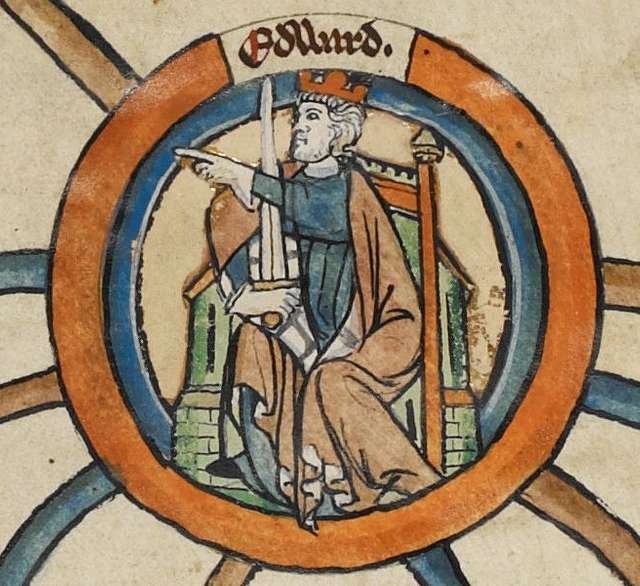
Military Acumen: Defeating the Vikings
Æthelflæd showed great success in protecting Mercia from Viking attacks as one of her most remarkable achievements. She was a skilled strategist who recognized the significance of defense and offense equally. Different from numerous rulers who chose to delay action until being attacked, Æthelflæd decided to take charge, guiding her soldiers into combat and increasing the land of Mercia.
Major Battles and Fortifications
Æthelflæd was instrumental in building fortresses all through Mercia, which helped secure the kingdom from Viking strikes. These fortifications also served as bases for launching her military campaigns. Among her most notable victories was the recapture of Derby in 917, followed by Leicester—two of the five key boroughs held by the Vikings in what is now known as the East Midlands. Her victories were not just defensive; they were part of a broader strategy to reclaim land and weaken Viking control in England.
Æthelflæd’s Role in the Unification of England
Æthelflæd’s contributions extended beyond military victories. Her reign was integral to the broader goal of uniting England under a single rule. Working closely with her brother Edward, Æthelflæd helped lay the groundwork for the eventual unification of England. Her leadership in Mercia was crucial to ensuring that this territory remained free from Viking control, allowing for smoother consolidation with Wessex.
Strategic Marriages and Alliances
Æthelflæd was known for her diplomatic skills as well. She created alliances by strategically arranging marriages, such as uniting her daughter, Ælfwynn, with a prominent Mercian family in order to enhance connections within the kingdom. These partnerships were crucial in maintaining Mercia’s stability and independence throughout her rule.
Æthelflæd’s Diplomacy and Governance
In addition to her prowess in battle, Æthelflæd excelled as a ruler in managing internal matters. She put into effect changes that enhanced local administration and maintained peace and order in Mercia. Æthelflæd kept strong diplomatic ties with nearby kingdoms, guaranteeing the military security and political stability of Mercia.
The Cultural Legacy of Æthelflæd
Æthelflæd’s reign wasn’t solely focused on military and political affairs. She was a patron of Christianity and an advocate for the spread of learning and religious education. She played a key role in founding religious institutions, including a notable religious house in Chester, which became a center of learning and culture under her influence.
Patron of Christianity
Her devotion to Christianity was evident in her establishment of churches and monasteries, which helped to spread Christian influence in the region. Æthelflæd saw religious patronage as a way to reinforce her authority, using faith as a unifying factor for her subjects.
The End of Æthelflæd’s Reign and Legacy
Æthelflæd passed away in 918, and her passing marked the end of a period for Mercia. Her daughter Ælfwynn briefly succeeded her, but in a year, Mercia was retained in the kingdom of Wessex under Edward the Elder. Whereas Æthelflæd’s rule was brief, her impact on the formation of medieval Britain was significant. Her military triumphs, political techniques, and social contributions set the stage for the eventual unification of Britain.
Why Æthelflæd is Often Overlooked in History
Despite her remarkable accomplishments, Æthelflæd has frequently been overlooked in history books, primarily because she was a lady in a male-dominated society. Her brother Edward and her father Alfred tend to dominate historical narratives. However, modern historians are increasingly recognizing Æthelflæd’s noteworthy part in forming the history of Britain.
Conclusion
Æthelflæd, the Mercian Lady, was a forward-thinking leader. Her place among England’s greatest rulers is well-deserved due to her leadership in battle, adept diplomacy, and commitment to Mercia’s growth. Even though she was overlooked by history for many years, her impact as a warrior queen on English history remains enduring.

